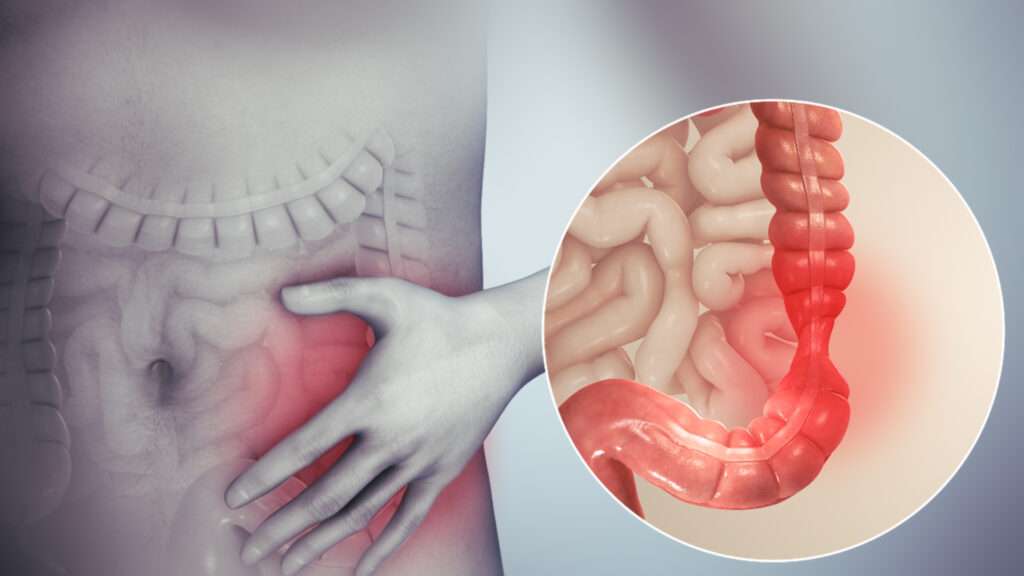
Increasing stomach acid is generally not recommended unless you have been diagnosed with a specific medical condition, such as hypochlorhydria (low stomach acid), by a healthcare professional. Stomach acid plays a crucial role in the digestive process, but too much or too little can lead to health problems. If you suspect you have low stomach acid or any digestive issues, it’s important to consult a healthcare provider for proper evaluation and guidance.
If you have received medical advice to increase your stomach acid, here are some general guidelines that may help
Dietary Adjustments:
- Consume foods that promote stomach acid production, such as ginger, garlic, fermented foods (like sauerkraut and kimchi), and apple cider vinegar (diluted in water).
- Eat smaller, more frequent meals throughout the day instead of large meals.
Chew Food Thoroughly:
- Properly chewing your food can stimulate the production of stomach acid.
Bitter Herbs:
- Consider incorporating bitter herbs like gentian or dandelion greens into your diet, as they can help stimulate gastric juices.
Hydrochloric Acid (HCl) Supplements:
- Under the guidance of a healthcare professional, you may be prescribed HCl supplements to increase stomach acid levels. This should only be done under medical supervision.
Betaine HCl:
- Some people with low stomach acid use betaine hydrochloride supplements before meals to help increase acidity. Again, consult with a healthcare provider before trying this.
Lifestyle Changes:
- Manage stress through relaxation techniques like meditation or walking , as chronic stress can affect stomach acid production.
- Avoid overconsumption of alcohol and caffeine, which can irritate the stomach lining and potentially reduce acid production.
Probiotics:
- Consider taking probiotic supplements to maintain a healthy balance of gut bacteria, which can indirectly support proper digestion.
Avoid Antacids and Acid Blockers:
- If you’re currently taking medications that reduce stomach acid (like proton pump inhibitors or antacids), consult your doctor before attempting to increase stomach acid, as stopping these medications abruptly can have adverse effects.
Consult a Healthcare Provider:
- It’s crucial to consult with a healthcare provider, such as a gastroenterologist or naturopathic doctor, who can assess your specific situation and provide personalized recommendations.
Remember that self-diagnosis and self-treatment can be risky when it comes to digestive issues. It’s essential to work closely with a healthcare professional to determine the underlying cause of any stomach acid-related problems and to develop a safe and effective treatment plan.




